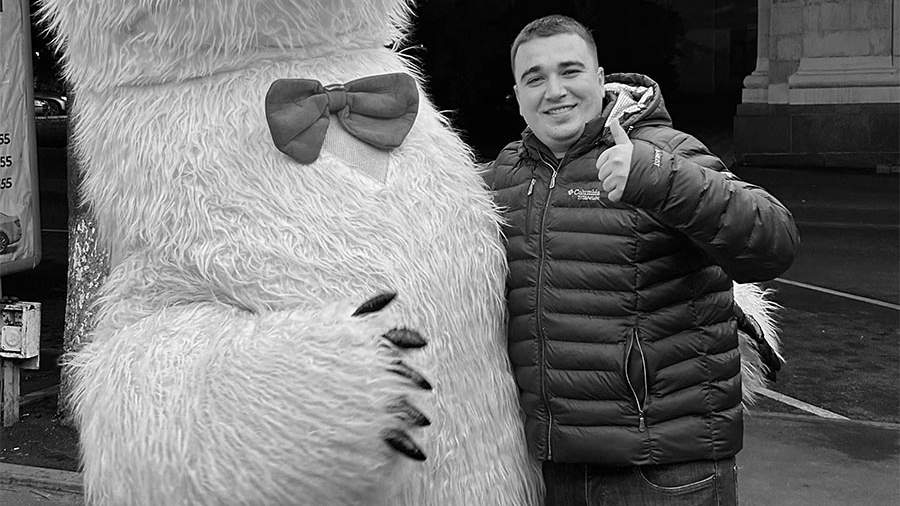Colleagues noted the vitality of the deceased correspondent of Izvestia Fedorchak

Izvestia correspondent Alexander Fedorchak, who died in the special operation zone, was a very life-loving man, and his talent was best revealed on television. Olga Leonova, chief editor of special projects at RIA Novosti Crimea, drew attention to this on March 24 in a conversation with Izvestia.
She said that she started working with Fedorchak in 2019 or 2020, when he was just starting out in his profession, and he needed to be taught a lot. Some time ago, the correspondent's career took off.
"Sasha was very kind, very funny, very fond of sports, very life-loving, some kind of light, easy person in life," Leonova recalls.
She noted that the correspondent's colleagues remember him, and everyone who knew him is very sad now.
"It's a pity when such young promising young guys leave. Of course, we will remember Sasha, but we will continue our work no matter what. Victory will be ours," said Stanislav Vasilchenko, a military correspondent for the Rossiya—24 TV channel, who knew Fedorchak personally.
The journalist stressed that the deceased Izvestia correspondent had spent a lot of time in the conflict zone, but had retained a huge amount of light and kindness.
Fedorchak's close friend Vlad Kravtsov shared that they had gone through a lot together. He stressed that he would always talk about the journalist exclusively in the present tense, because for him Fedorchak would always remain alive.
The death of Izvestia correspondent Alexander Fedorchak became known earlier that day. According to preliminary data, he died as a result of an artillery strike by the Armed Forces of Ukraine (AFU). The journalist worked on the territory of the Luhansk People's Republic (LNR) and the Kharkiv region.
The official representative of the Russian Foreign Ministry, Maria Zakharova, in a conversation with Izvestia, called the death of the correspondent another crime of the Kiev regime against freedom of speech and journalism. She indicated that the Russian Federation would seek a response from international structures, such as the Organization for Security and Co-operation in Europe (OSCE) and UNESCO.FRRF
Переведено сервисом «Яндекс Переводчик»

